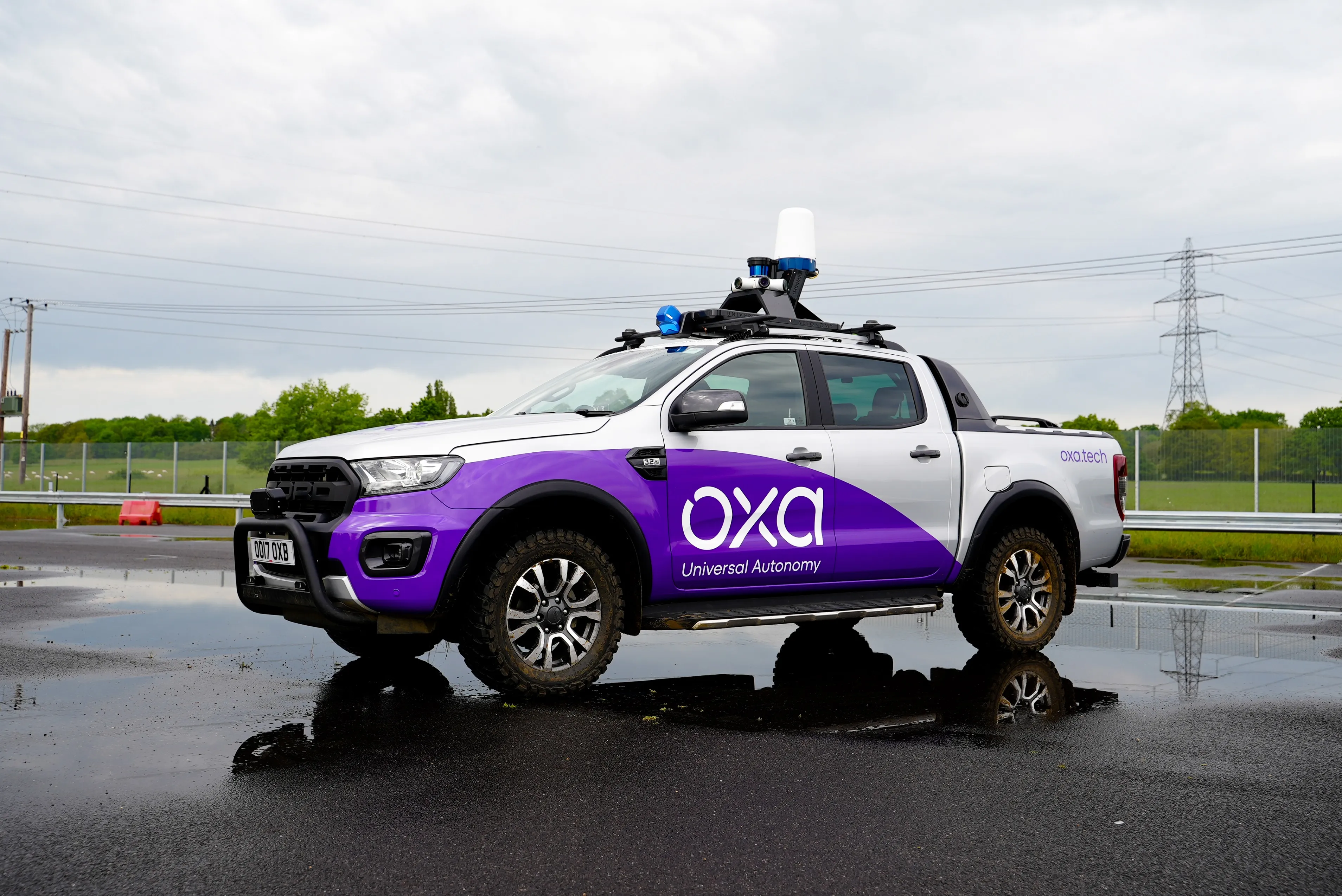Quanergy Systems, which makes solid state LiDAR sensors and smart sensing solutions used in self-driving cars, has raised US$90 million from investors including Sensata Technologies, Delphi Automotive, Samsung Ventures, Motus Ventures and GP Capital.
Since launching in 2012, Quanergy has developed a compact, low-cost, automotive grade solid state LiDAR sensor, the S3 solid state LiDAR and is aggressively working to commercialise these sensors for advanced driver assistance systems (ADAS) and autonomous d
August 24, 2016
Read time: 2 mins
Quanergy Systems, which makes solid state LiDAR sensors and smart sensing solutions used in self-driving cars, has raised US$90 million from investors including Sensata Technologies, Delphi Automotive, Samsung Ventures, Motus Ventures and GP Capital.
Since launching in 2012, Quanergy has developed a compact, low-cost, automotive grade solid state LiDAR sensor, the S3 solid state LiDAR and is aggressively working to commercialise these sensors for advanced driver assistance systems (ADAS) and autonomous driving applications. It currently has pre-production contracts with multiple global customers for the sensors.
LiDAR sensors, as well as sensing systems that benefit from its advanced artificial intelligence perception software, are key to improved safety and efficiency in industries ranging from transportation and security to industrial automation and 3D terrestrial and aerial mapping.
Quanergy intends to use the investment and leverage its intellectual property to work with its partners in ramping up the production of its sensors. It will continue the global expansion of the company and scale its operations and infrastructure to meet the growing demand for autonomy in vehicles and other systems that can benefit from increased levels of automation to save lives, save space, save time, save energy and save costs. According to industry experts, the LiDAR market is expected to exceed US$1 billion by 2020 and US$3 billion by 2022.
Since launching in 2012, Quanergy has developed a compact, low-cost, automotive grade solid state LiDAR sensor, the S3 solid state LiDAR and is aggressively working to commercialise these sensors for advanced driver assistance systems (ADAS) and autonomous driving applications. It currently has pre-production contracts with multiple global customers for the sensors.
LiDAR sensors, as well as sensing systems that benefit from its advanced artificial intelligence perception software, are key to improved safety and efficiency in industries ranging from transportation and security to industrial automation and 3D terrestrial and aerial mapping.
Quanergy intends to use the investment and leverage its intellectual property to work with its partners in ramping up the production of its sensors. It will continue the global expansion of the company and scale its operations and infrastructure to meet the growing demand for autonomy in vehicles and other systems that can benefit from increased levels of automation to save lives, save space, save time, save energy and save costs. According to industry experts, the LiDAR market is expected to exceed US$1 billion by 2020 and US$3 billion by 2022.







